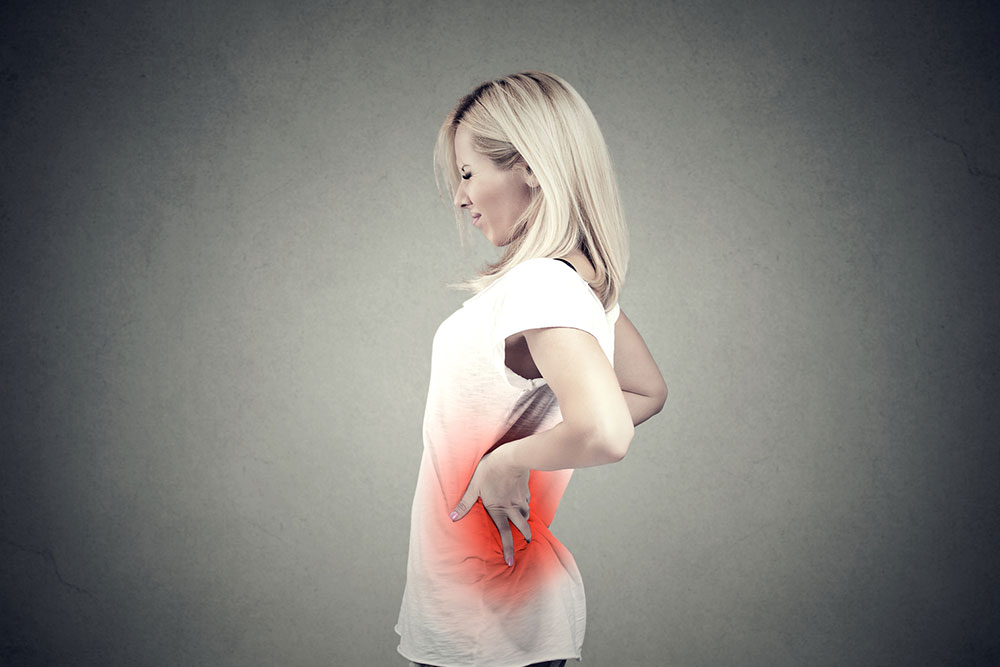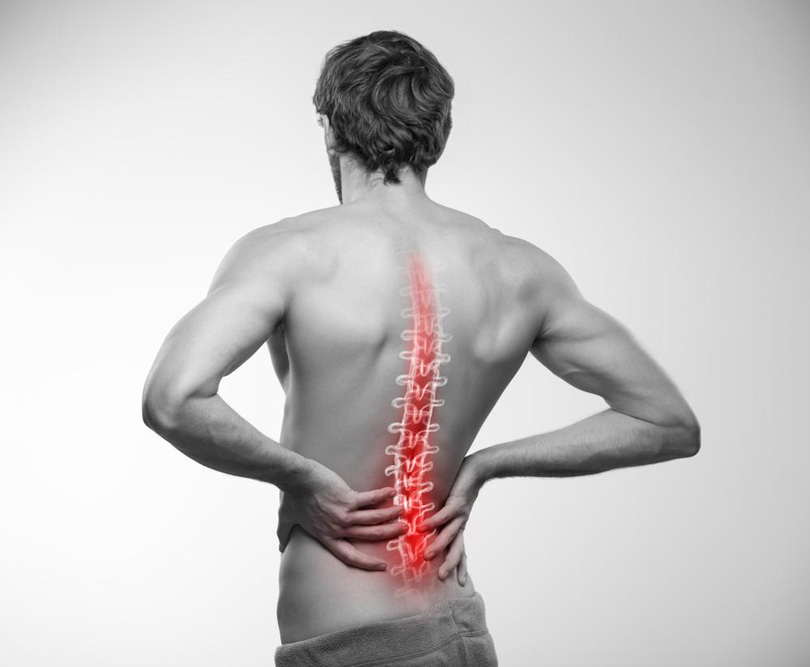Identifying Kidney-Related Causes of Lower Back Pain
This article explains how kidney issues like infections and stones can cause lower back pain. It highlights the differences between kidney-related pain and typical backaches, discusses common causes, diagnostic methods, symptoms, and treatment options. Recognizing these signs can help in early diagnosis and effective treatment, emphasizing the importance of hydration and medical evaluation for persistent or severe back discomfort related to kidney health.

Recognizing How Kidney Problems Contribute to Lower Back Pain
Persistent lower back discomfort can arise from various factors, including kidney issues. Conditions such as infections or stones in the kidneys often produce pain localized to the lower back region. Differentiating between typical muscle pain and kidney-related discomfort is crucial. Kidney pain generally manifests as sharp sensations between the hips and ribs, primarily on the sides and below the rib cage, whereas common backaches tend to be more diffuse and less targeted.
Key Differences Between Kidney Pain and Standard Backaches
Kidney pain is characteristically sharp and localized, affecting specific areas in the lower back. Standard back pain often spreads from the neck down to the hips. Sudden, stabbing sensations beneath the ribs or on the sides are indicative of kidney problems. Such pain may radiate to the lower stomach and inner thighs, while typical back discomfort may reach the hips, thighs, calves, or feet.
Primary Causes of Kidney-Related Back Discomfort
Common causes include kidney stones and infections. Other potential causes encompass renal infarction, tumors, or glomerulonephritis. Kidney stones develop from mineral deposits, often due to dehydration, digestive conditions like inflammatory bowel disease, or genetic factors. When stones pass into the ureters, they cause severe pain in the lower back. Kidney infections often originate in the bladder or urethra and can ascend, leading to inflammation and localized pain. Women and immunocompromised individuals are more susceptible.
How to Diagnose the Exact Cause
Doctors may perform blood and urine tests to determine the source of your lower back pain. Imaging procedures such as ultrasound, X-rays, and CT scans help detect stones. Urinalysis can reveal signs of infection like bacteria, blood, or pus. Blood tests further assist in confirming bacterial presence or other abnormalities.
Symptoms Associated with Kidney-Related Pain
Localized pain often occurs on one or both sides of the lower back and may extend to the groin or abdomen. Signs of infection include nausea, fever, fatigue, blood in urine, and chills. Kidney stone pain can be intense, accompanied by difficulty urinating and blood in the urine.
Effective Treatment Strategies
Antibiotics are utilized for infections. Kidney stones may require minimally invasive or laser procedures. To ease discomfort, heat packs and OTC pain relievers are helpful. Maintaining adequate hydration is essential for preventing complications and supporting recovery.


